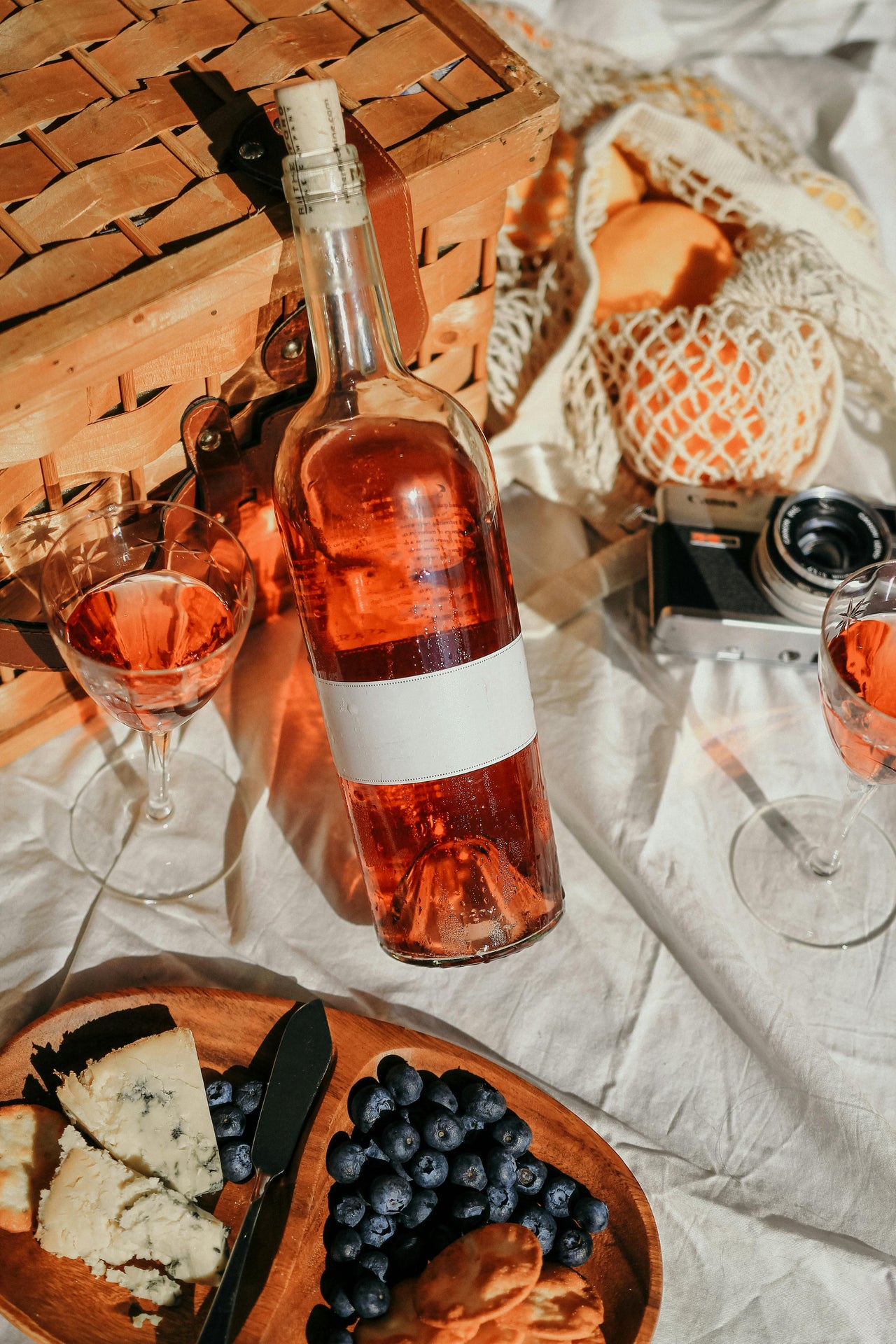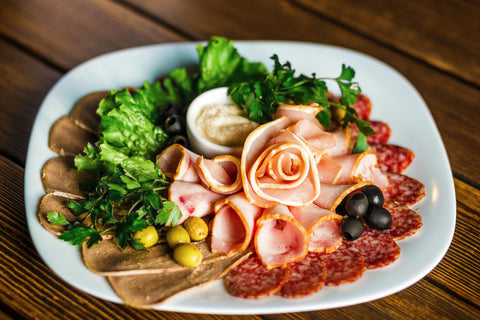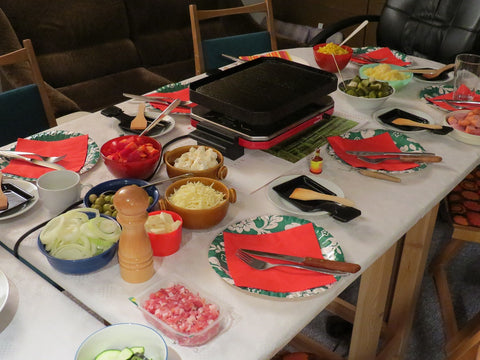When most people think of rosé wine, they picture warm summer evenings, chilled glasses clinking by the pool, and light, refreshing sips under the sun. But what if I told you that rosé isn’t just for summer? In fact, this versatile wine has a place at the table all year round, offering a range of flavours and styles that pair beautifully with the heartier dishes of autumn and winter.
The Versatility of Rosé
Rosé is often underestimated in the wine world, viewed as a simple, fruity beverage best suited for casual summer gatherings. However, what many don’t realise is that rosé is far more complex than its reputation suggests. The variety of grapes used to produce rosé, as well as the winemaking methods, can result in a wine that’s light and floral or robust and full-bodied, making it a great match for a wide range of meals.
In the cooler months, opting for a fuller-bodied rosé with richer flavours is a fantastic way to enjoy this drink beyond the summer season. Varieties such as those from Provence or Tavel, which are known for their depth and structure, can hold their own against autumn and winter fare.

Rosé and Seasonal Pairings
One of the main reasons rosé deserves a place in your wine collection all year long is its incredible ability to pair with food. Lighter rosés are perfect for the delicate flavours of summer, but come autumn and winter, heartier dishes take centre stage. Rosé’s balanced acidity and fruity notes make it an ideal companion for seasonal ingredients and comfort foods.
• Autumn Pairings: Think roasted vegetables, pork, and creamy cheeses. A slightly more intense rosé, with notes of red fruit and a hint of spice, can cut through the richness of a dish like roasted squash or a hearty mushroom risotto. Its acidity also complements the earthiness of root vegetables and the umami of mushrooms.
• Winter Pairings: During the colder months, rosé can hold its own alongside stews, casseroles, and even dishes like roast lamb. A darker, more structured rosé works beautifully with dishes that have a bit more weight, offering enough body to match the depth of winter flavours while still providing a refreshing lift to the palate.

Rosé in Festive Celebrations
As we move into the holiday season, rosé also shines as a festive drink. Its light, refreshing nature makes it a great aperitif to start a meal, while its versatility means it can accompany several courses. Whether it’s a Christmas lunch or a New Year’s Eve dinner, rosé offers an elegant yet unexpected alternative to the usual reds and whites.
For those looking to bring a touch of the south of France to their holiday gatherings, rosé also pairs wonderfully with classic French dishes like pâté, smoked salmon, or even a festive cheese board. It’s a wine that invites guests to relax and enjoy, making it perfect for gatherings of all sizes.
Rosé: A Wine for All Seasons
While rosé will always have a place at the summer table, it’s high time we rethink its seasonal limitations. Its versatility, depth, and wide range of styles mean there’s a rosé for every season, every meal, and every occasion. Whether you’re enjoying a cosy dinner by the fire or hosting a festive celebration, don’t hesitate to reach for a bottle of rosé. It’s a drink that offers something fresh and vibrant, no matter the time of year.



